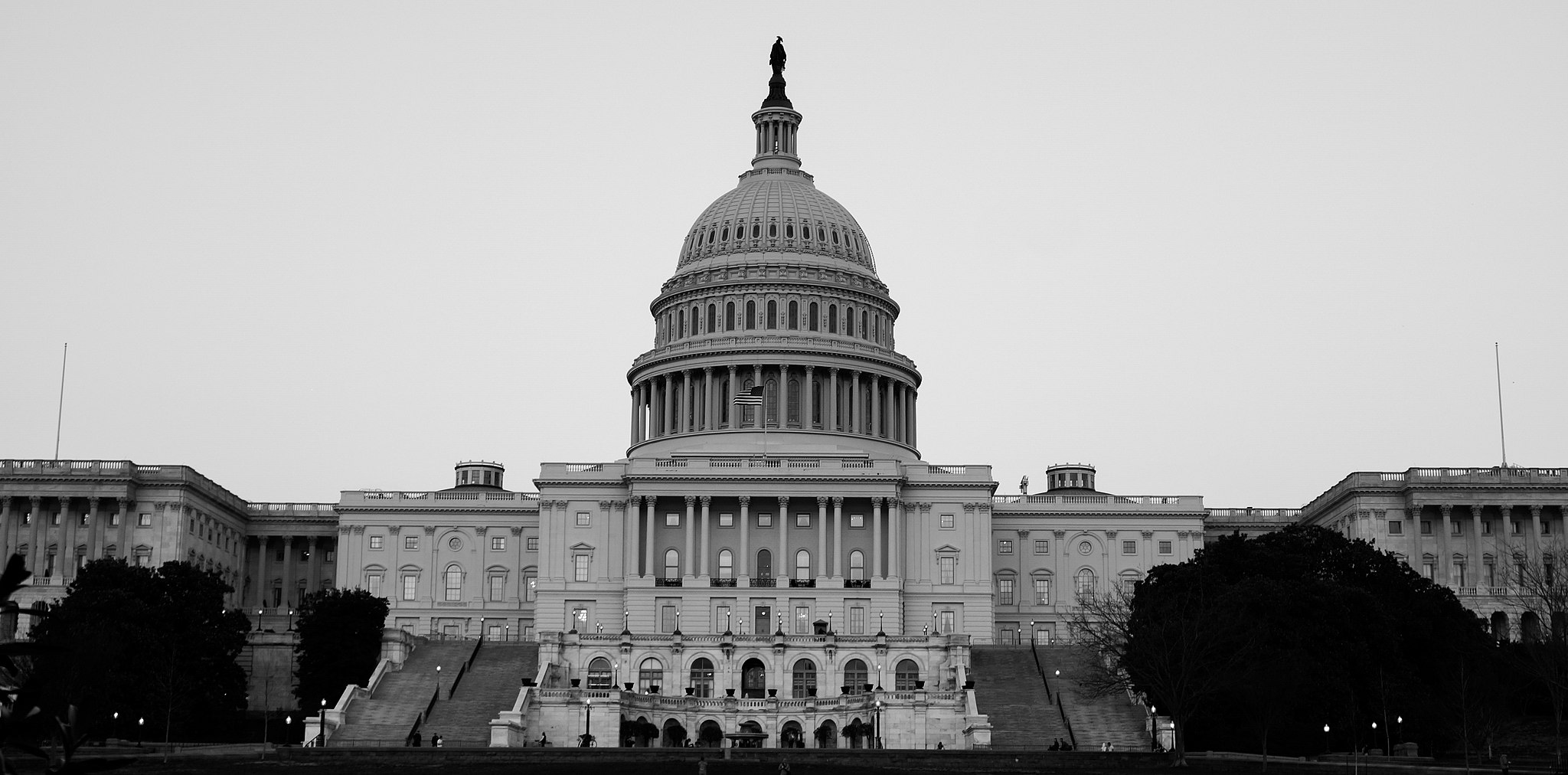Last week’s events in the U.S. — the deadly ransacking of our Capitol by a mob seeking to overturn the election — shocked and distressed me. I’ve felt emotionally drained since the attack.
I am an immigrant. My family made the U.S. our home in great part because I love this country and the principles it was founded on. Naturalized citizens like me must pass a higher bar than native-born citizens; we’re not here by accident, but by choice. (This isn’t rhetorical flourish: In completing the naturalization process, I had to overcome a series of tests — including a civics exam — that I suspect few of the people who desecrated the Capitol would’ve passed.)
From my perspective, the violent attempt to overturn the election stands in direct opposition to the U.S.’s core principles. I’m sure the insurgents would disagree. From the language I hear in the news, these people see themselves as patriots who are trying to save the country. How can you reconcile such differences in fundamental principles?
I’m not sure you can, and that’s a big part of why I’m distressed. Although it isn’t as palpable here in electric blue California, the U.S. is deeply divided. Each side believes the other is deluded and dangerous, and the rift is hampering our ability to deal competently with shared challenges such as COVID-19. The situation has deteriorated to the point where lives have now been lost not just through incompetence, but through violence.
Our politicians have so far proven incapable of improving the situation. It’s clear that many of our elected officials aren’t aligned on basic facts. Some officials also lack integrity. Unless there is severe political blowback from last week’s events, I don’t see our leaders uniting to walk us back from the brink of disaster in the near-term.
Another way to defuse the immediate risk is by making violent insurrection less feasible by literally excommunicating the people who incite and organize such actions. This started to happen last week in a big way with the de-platforming of President Trump and extremist havens like Parler for violating terms of use.
This move isn’t without risk. For one thing, it enables extremists and their enablers to play the “victim” card, emboldening and uniting them further. For another, it highlights the fact that much of our civic engagement happens on the properties of a few private companies, the most influential of which rely on advertising-based business models.
As I wrote in Living in Information, I consider unbiased public discourse in such systems untenable. And although I agree with the decision to shut down the accounts of people and organizations trying to overthrow our democratic processes (see Popper’s paradox of tolerance), I’m concerned about the power of private organizations over what are de-facto public squares.
Again, I want to be clear: I consider shutting down the President’s social media accounts and systems such as Parler to be the right decision in the wake of Wednesday’s events. I spent the first third of my life in an authoritarian dictatorship that caused much suffering and destruction. My country of birth had no recourse for change other than external armed intervention. The experience taught me that autocrats gain hold little by little and then all at once — after which they’re very difficult to replace from within.
The prospect of the U.S. suffering a similar fate terrifies me. We can’t afford to be liberal with illiberality. (Lowercase Ls!) So, in this case, I’m glad that the people who control our information environments acted how they did. But what if it had gone the other way? That’s a lot of power riding on a few unaccountable individuals.
Last week, the insurgents brought guns, bombs, knives, spears, and nooses to their bungled effort to overthrow democracy. Left unchecked, they will grow bolder and more effective. If we should learn anything from the horrors of the 20th Century, it’s that authoritarian insurgencies must be given no leeway lest they turn into something larger and more dangerous.
We’re about to find out whether it’s possible to stop such an insurgency not through violence, but by shutting down its abilities to spread misinformation and coordinate online. The stakes couldn’t be higher. Never has the integrity of our information environments’ managers mattered more. After the immediate crisis passes, we need to reassess the role of these online places in our society.
